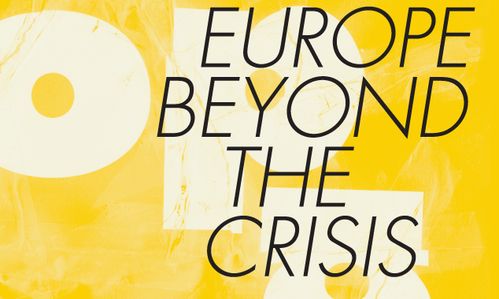Europe beyond the Crisis

The responses made to the recession Europe has been experiencing have led to fractures in the positions faced by peripheral and core countries. This has seen the principle of solidarity between European Union member states called into question alongside the very political consistency of the European integration project in overall terms.
Furthermore, the recent influx of tens of thousands of refugees into the European continent has triggered another division between the European Union’s member states in this case between the peoples of the East and of the West due to their different forms of expressing solidarity.
The background to this fractured Europe conveys, as proposed by António Vitorino, the conference chair, the diffused feeling that Europe is now a continent in decline with a population experiencing advanced rates of ageing, losing competitiveness in a globalised world and with serious difficulties in integrating the immigrants seeking out living opportunities in European countries.
This conference shall attempt to respond to various of the questions bound up with the period we are currently going through: might we be confronted by a lasting identity fracture that jeopardises the profound sense and meaning to European integration? What ways and means might enable Europeans to free themselves of the restrictions that the different positions taken towards the financial crisis and recession have elicited in terms of the divisions among states? To what extent may European policies return the Union to the centre of its historical vocation as a project of mutual understanding, aligning wills and aims mutually in favour of peace and tolerance and, in sum, in unity through diversity? And to what extent might the European Union represent a leverage for economic growth, job creation and cohesion in our societies?
The Gulbenkian 2015 Conference seeks to nurture and deepen the debate and lines of reflection around these questions both as regards the European Union as a whole and the specific case of Portugal.
Discussing Europe
A critic of a “Europe of walls”, which he deems incompatible with European values, Enrico Letta will address the theme of “What solidarity in diversity?” at this conference within the framework of a panel that also counts on the participation of Luuk van Middelaar, professor at the universities of Leiden and Louvain, and Member of the European Parliament Paulo Rangel, guests invited to comment on the ideas put forward. Letta has reached further in terms of his European convictions, defending the establishing of a closely binding political and economic model based on the idea of a “United States of Europe”. Recently, he set up a school for the teaching of political thinking with the objective of restoring this activity of the noblest intent: passion for the common good, ethics and public commitment anchored in a team spirit capable of congregating efforts and wills.
